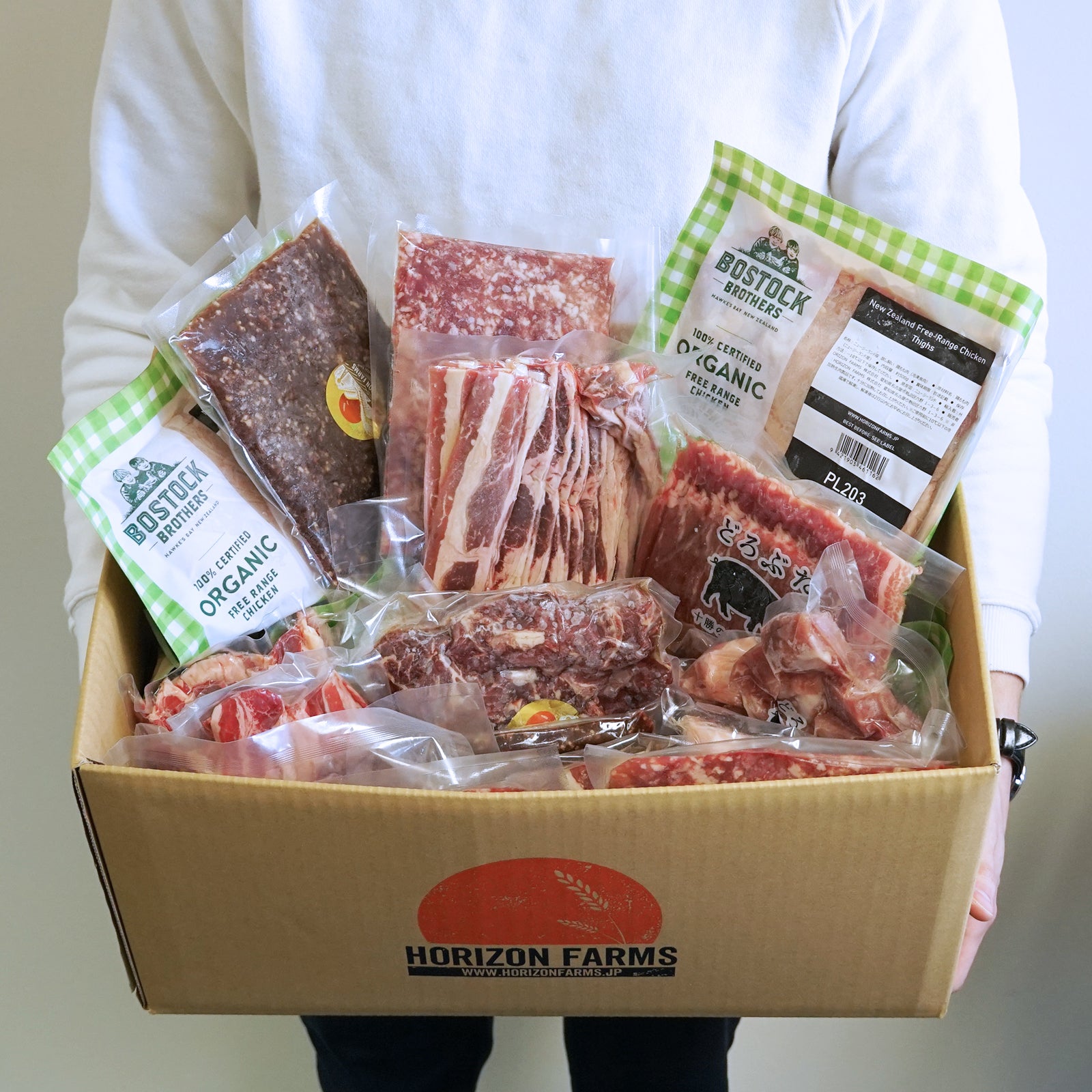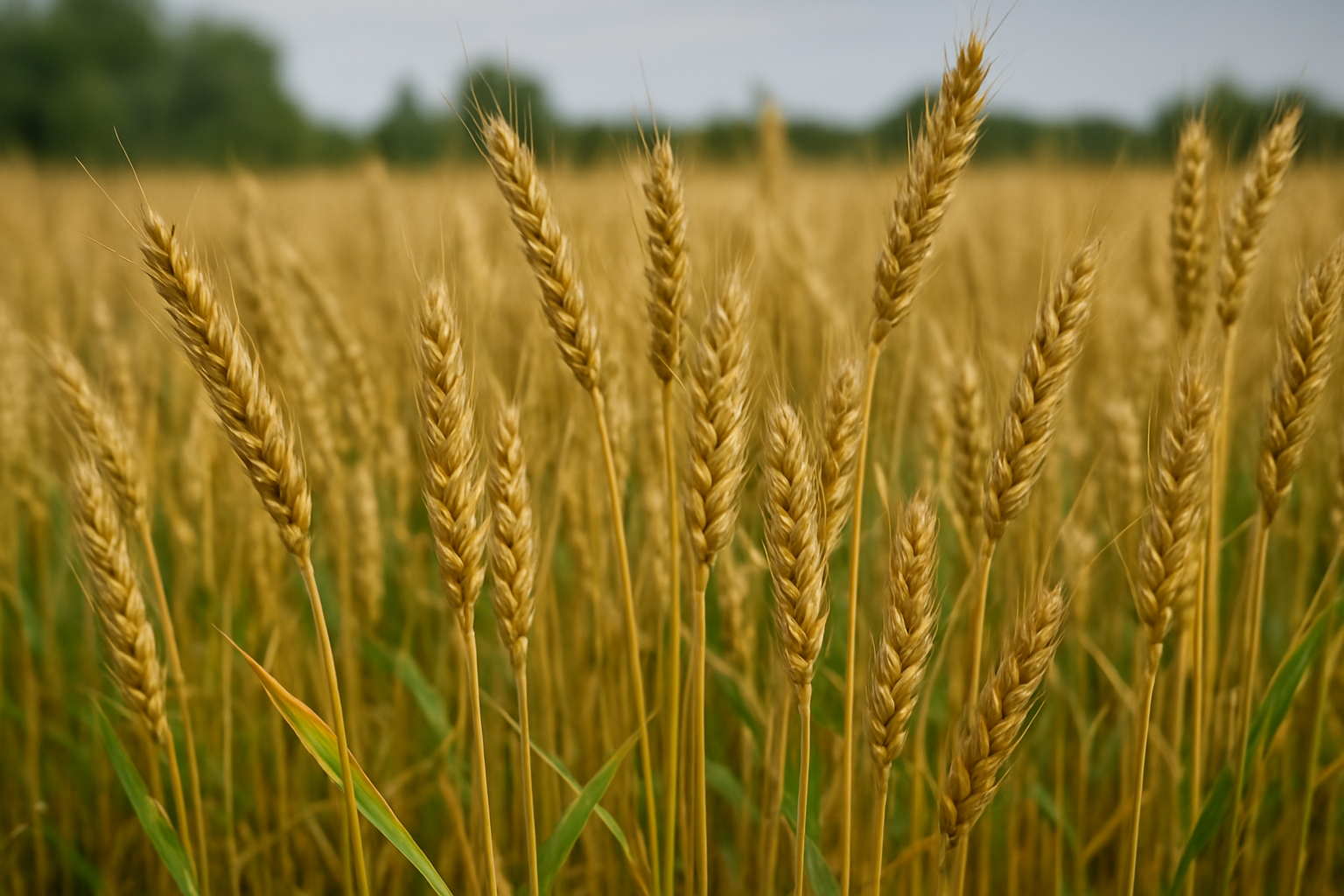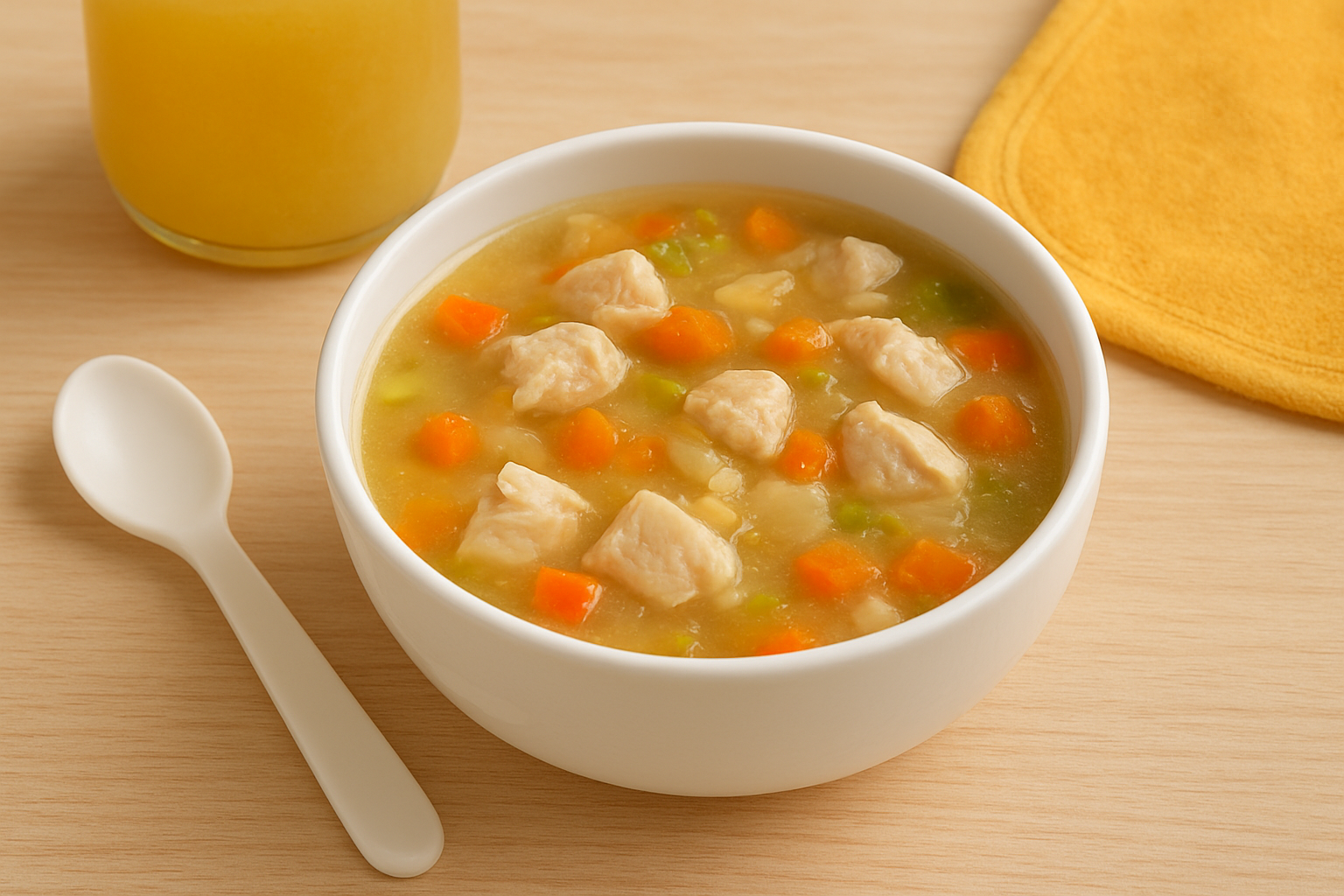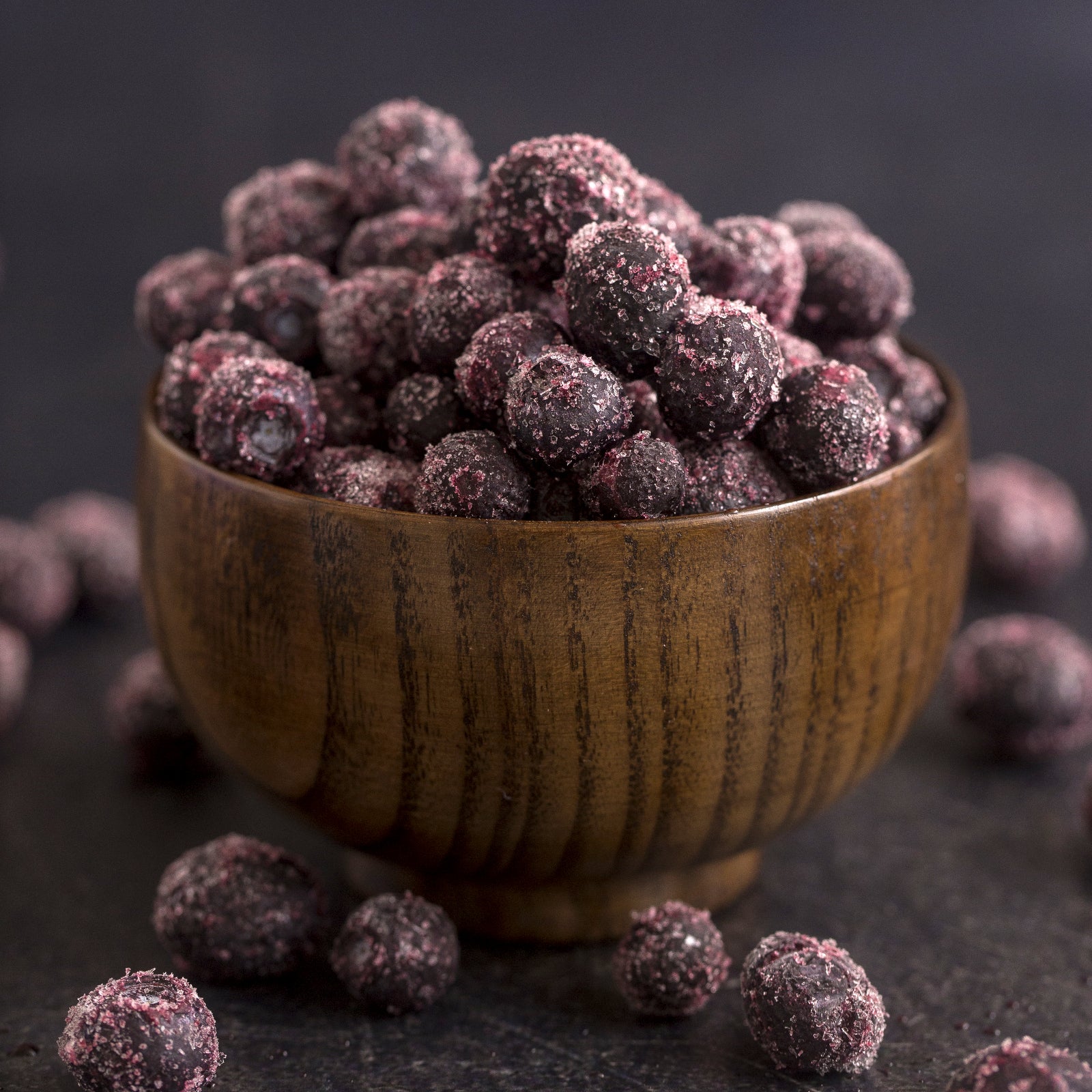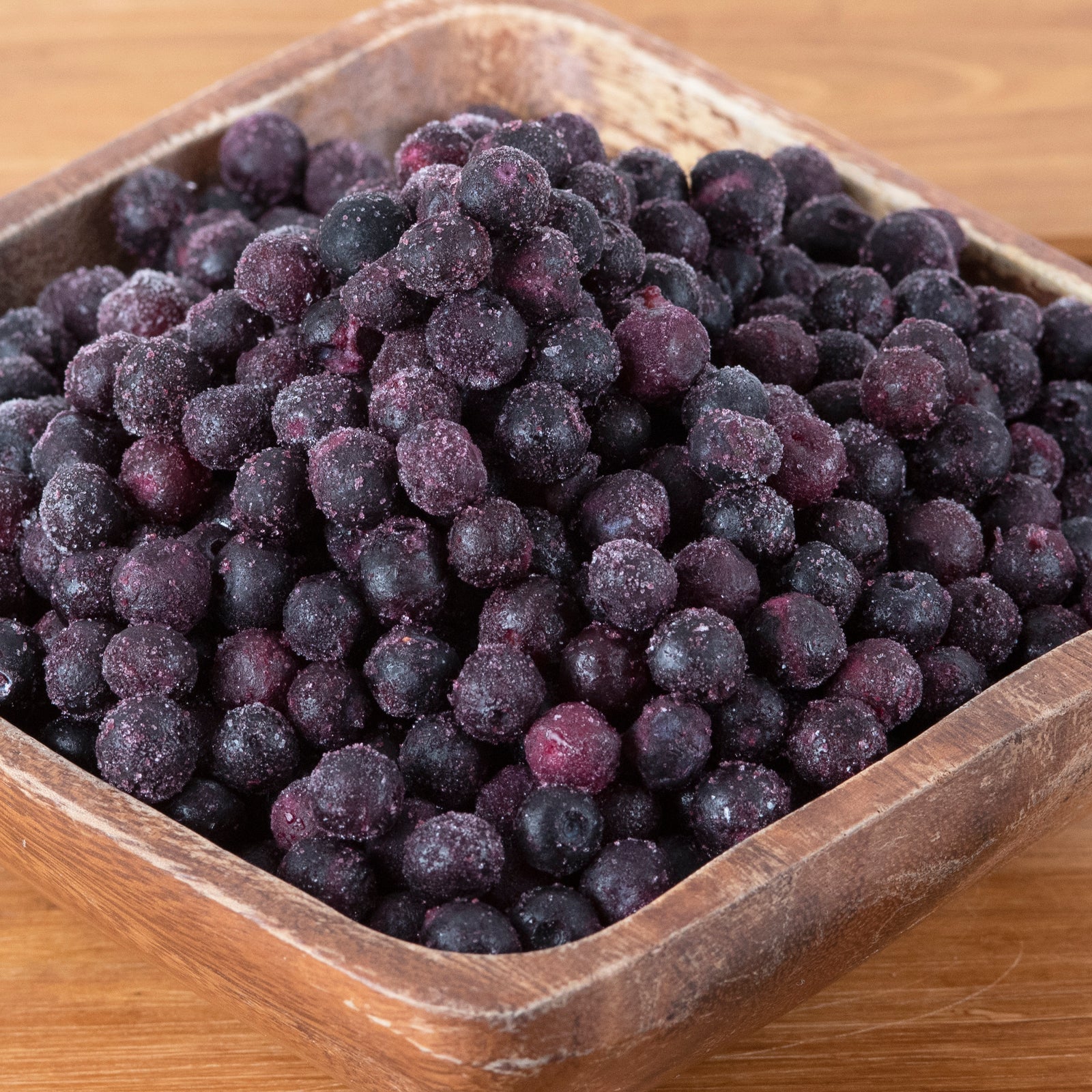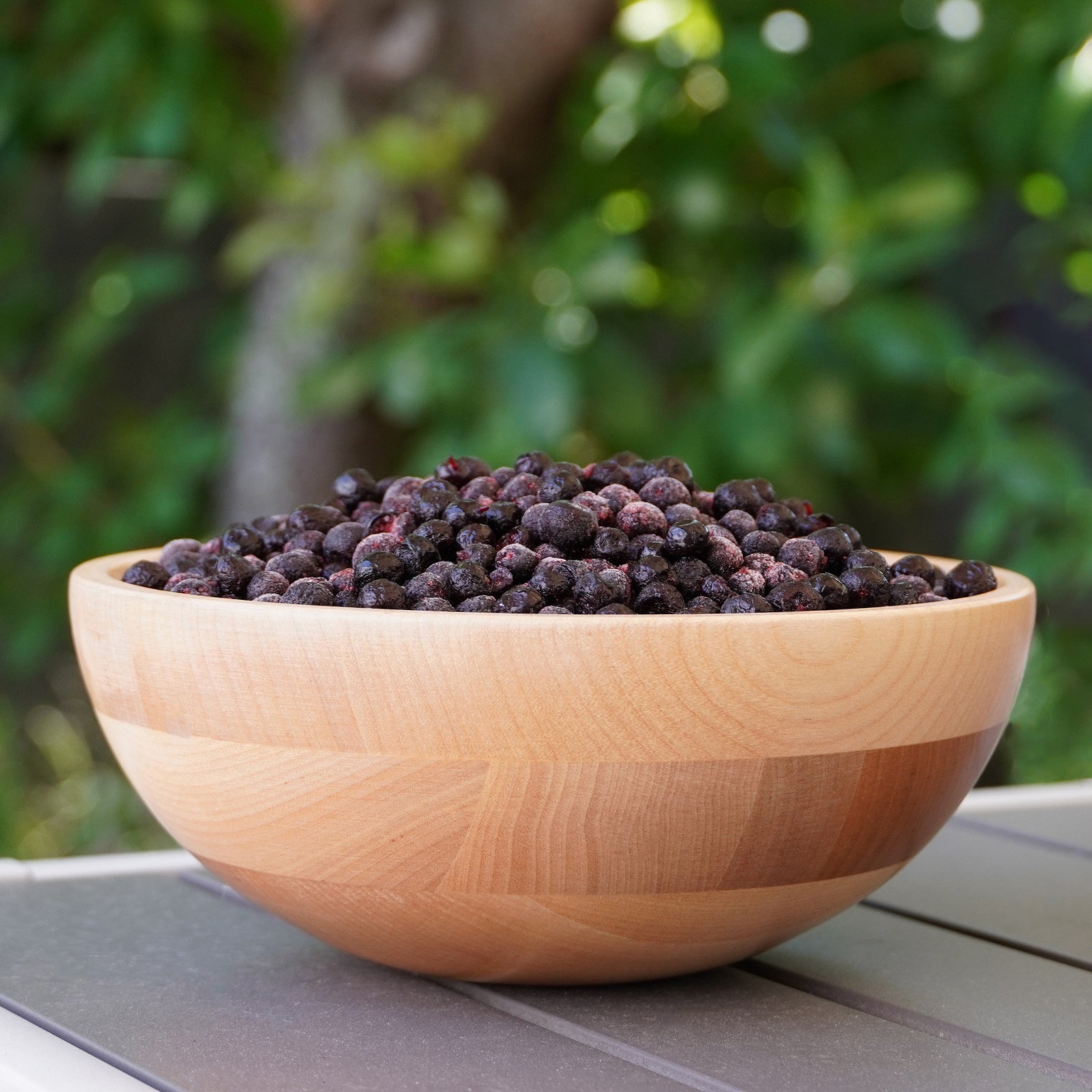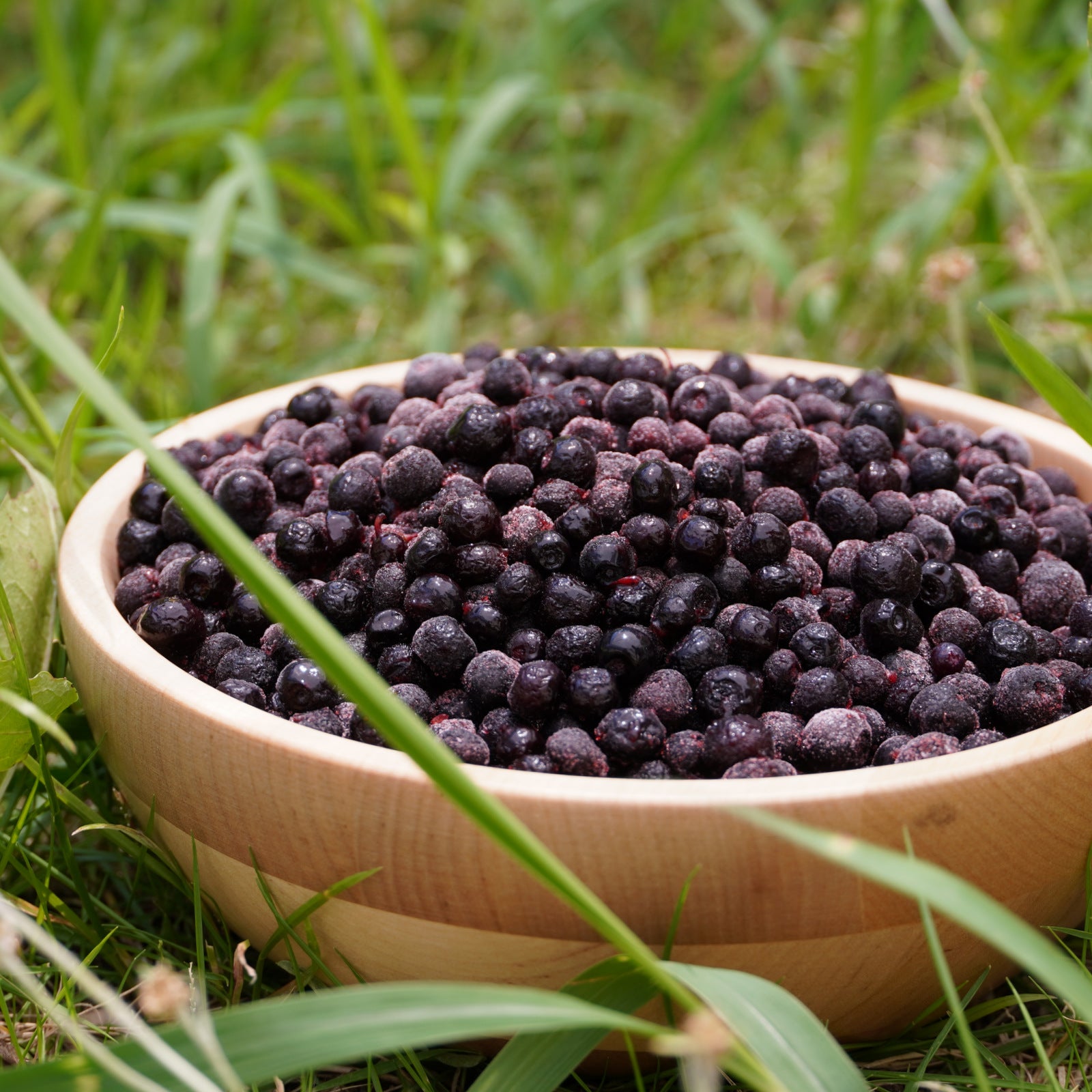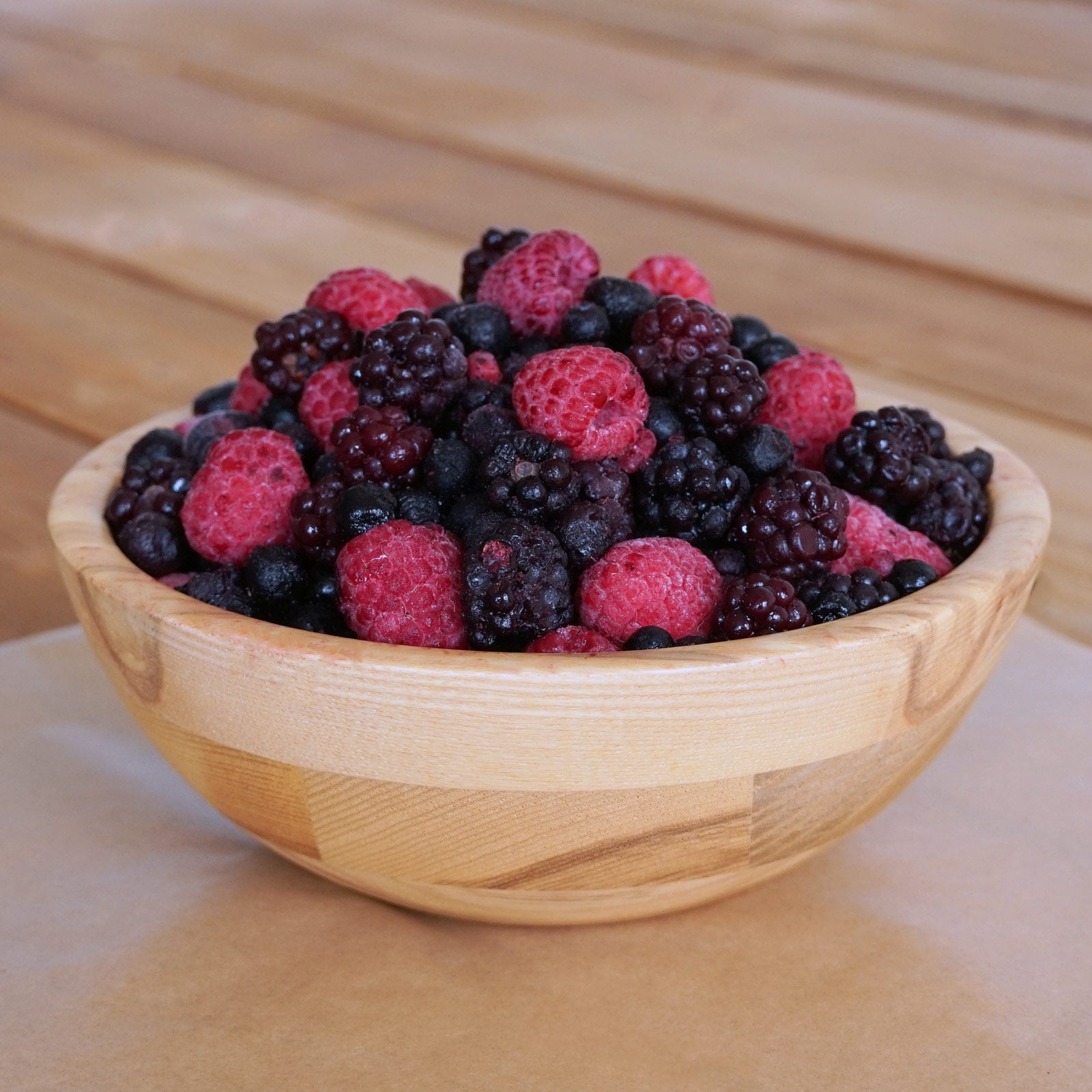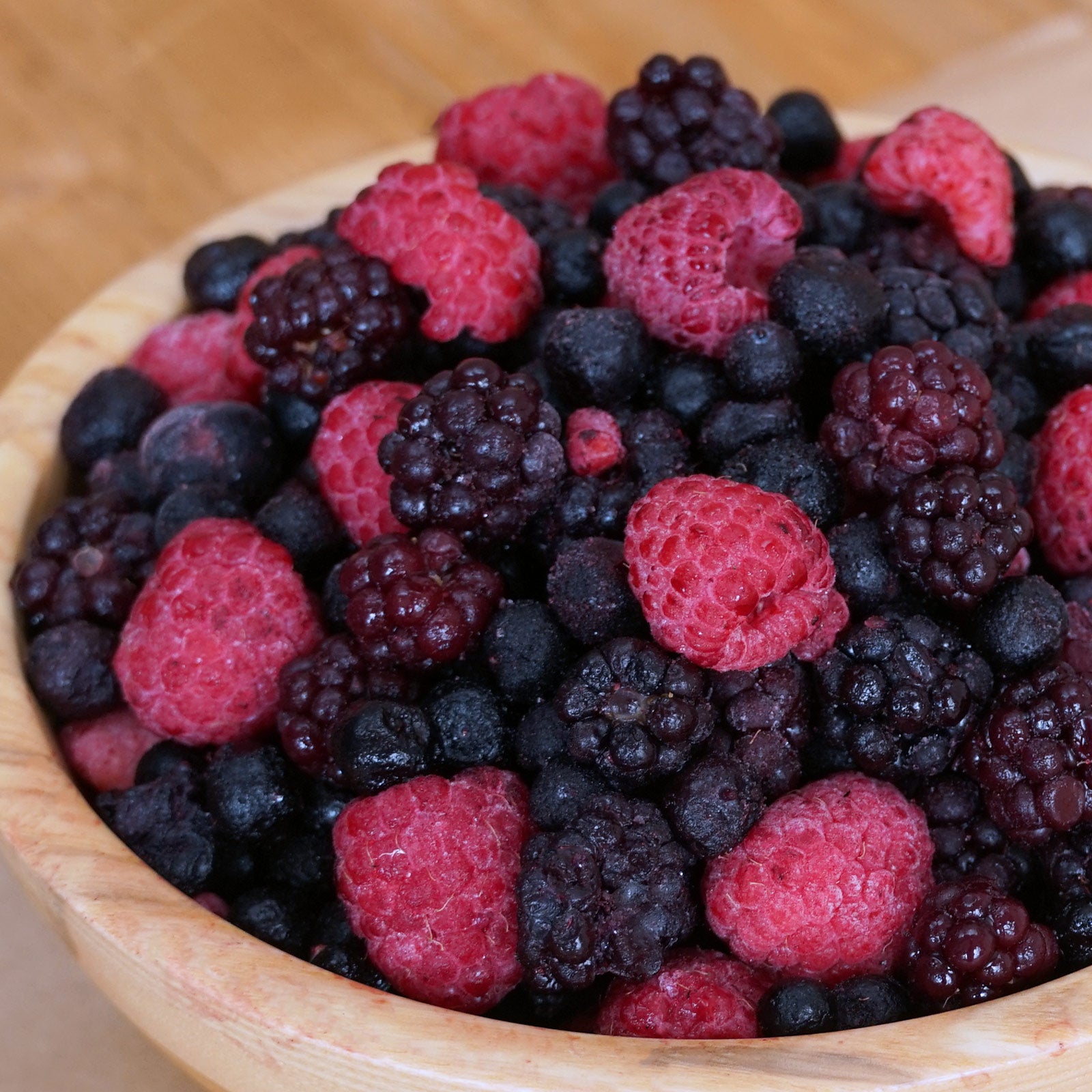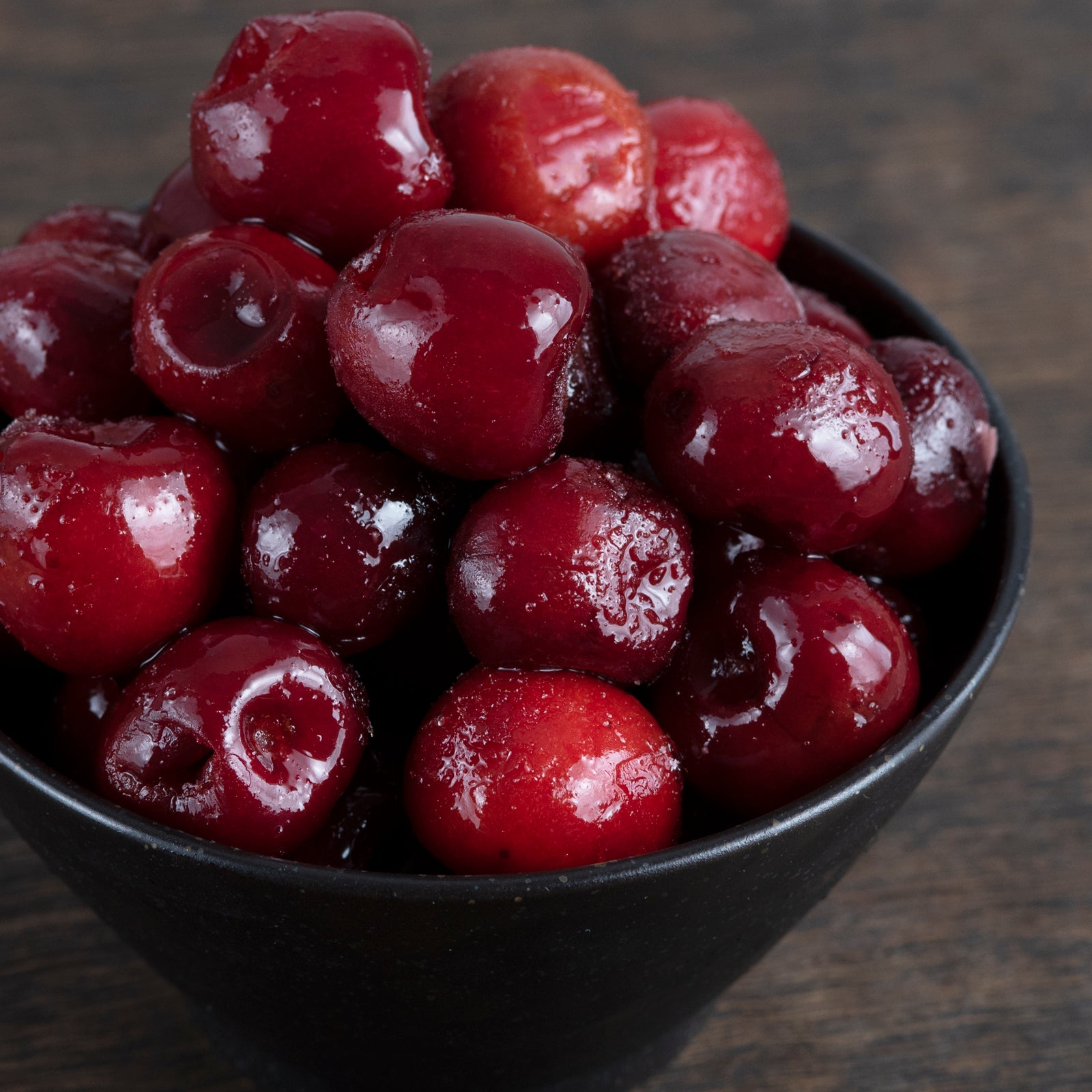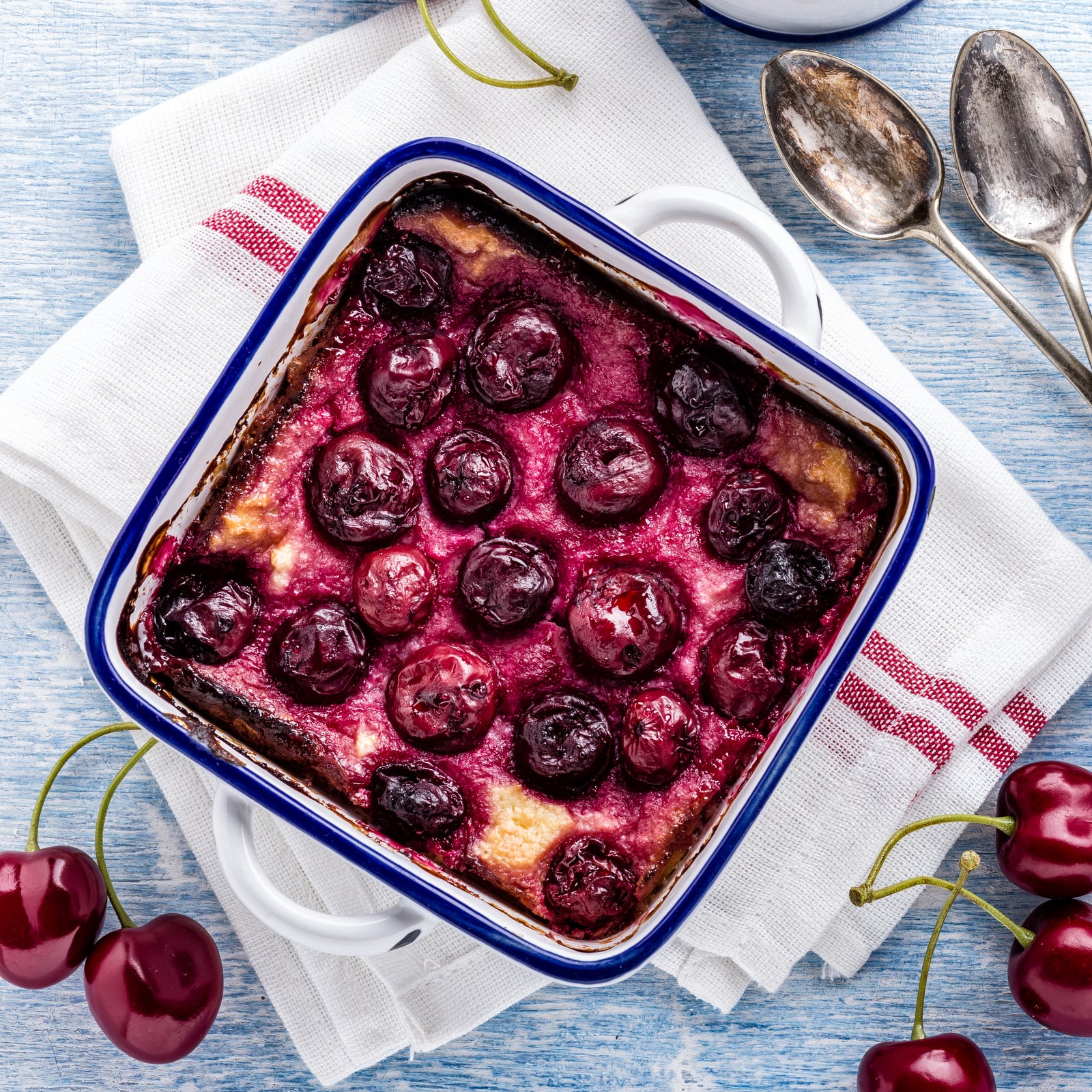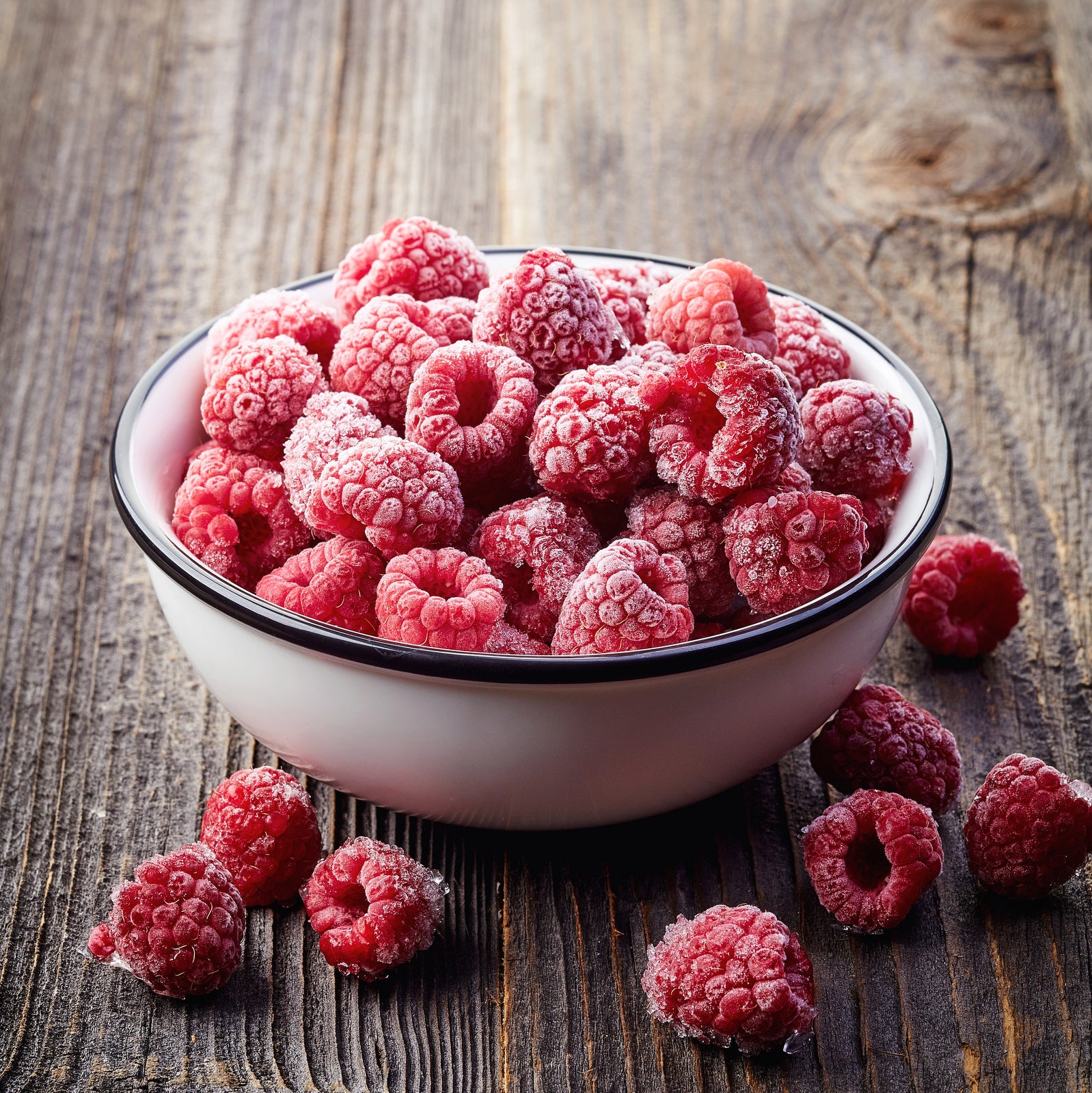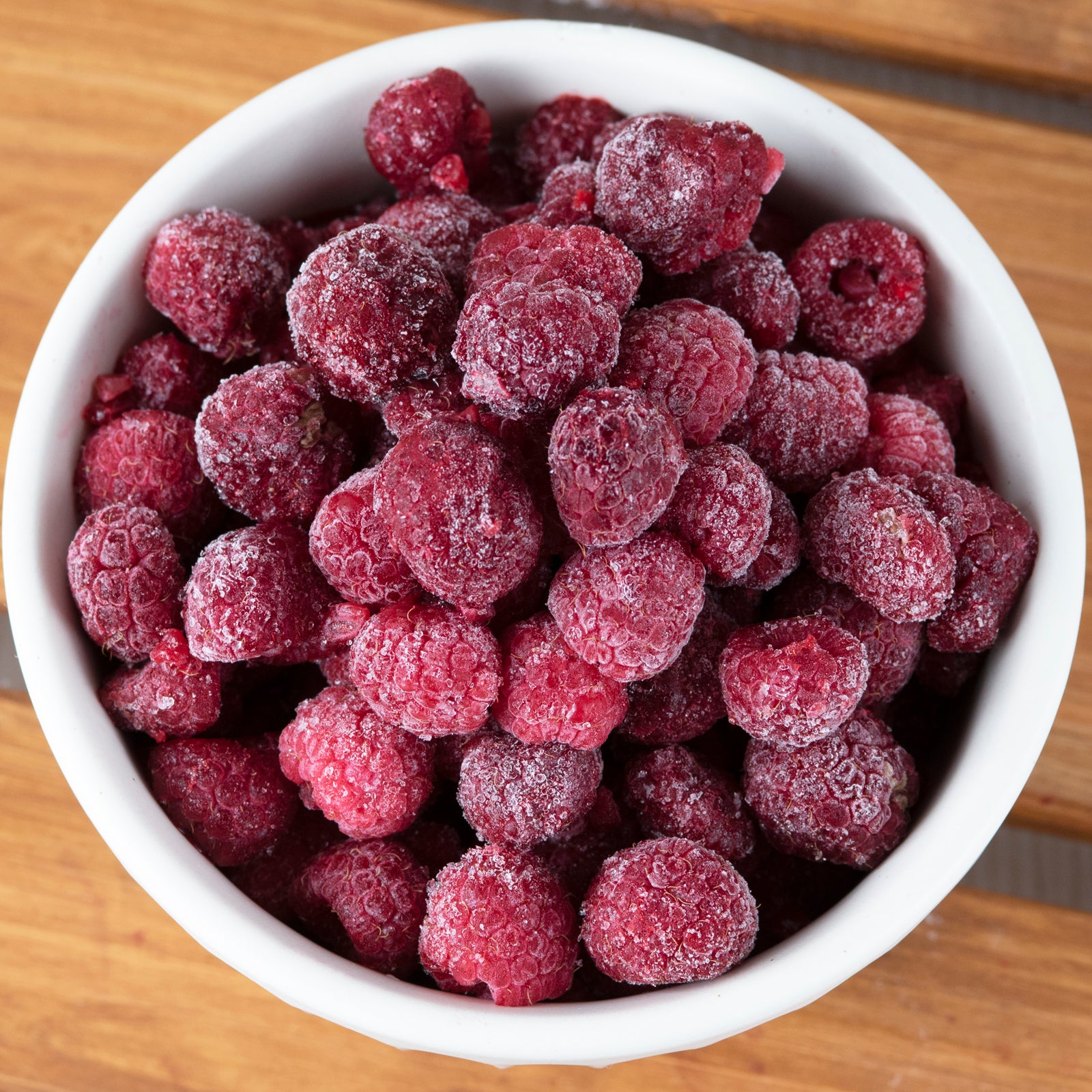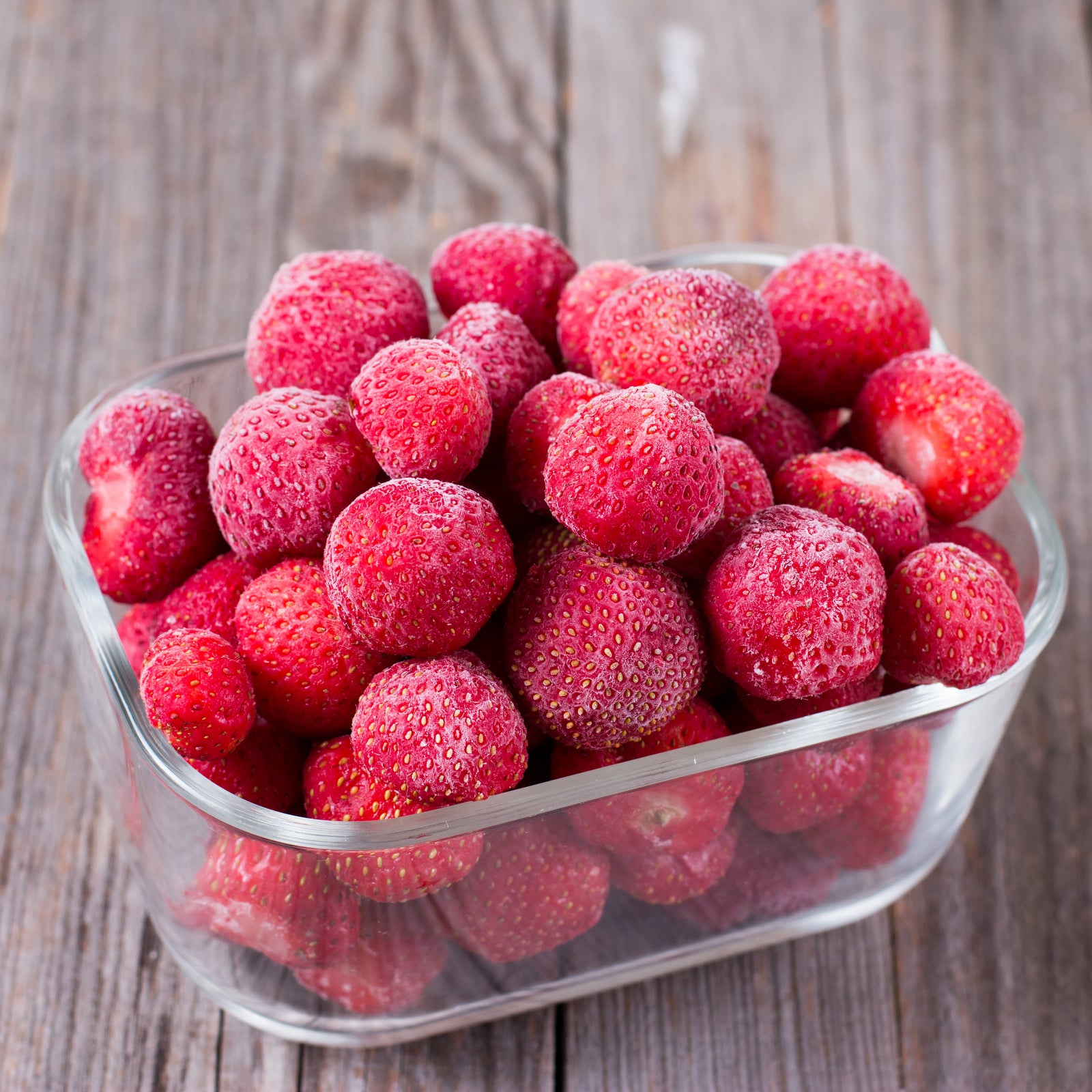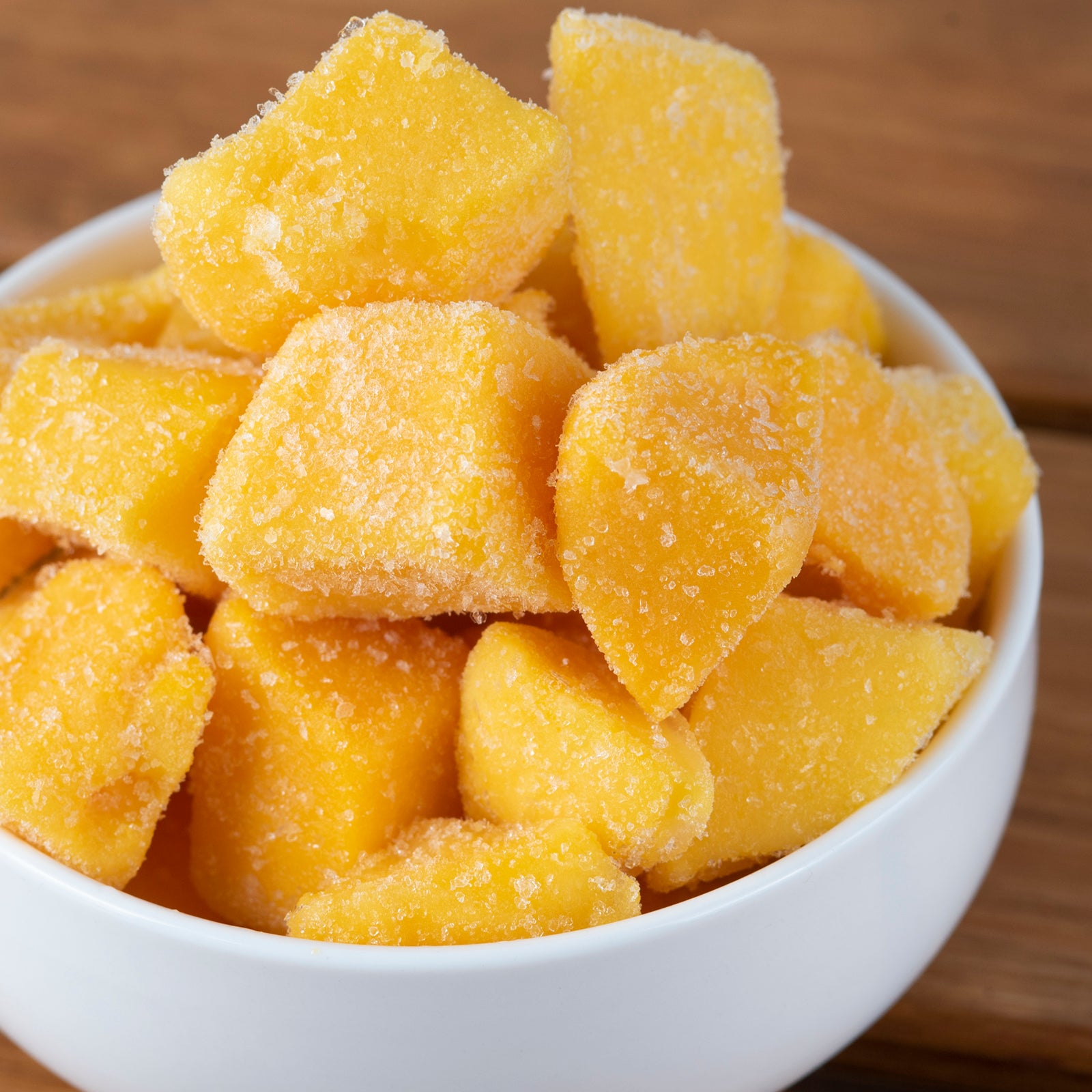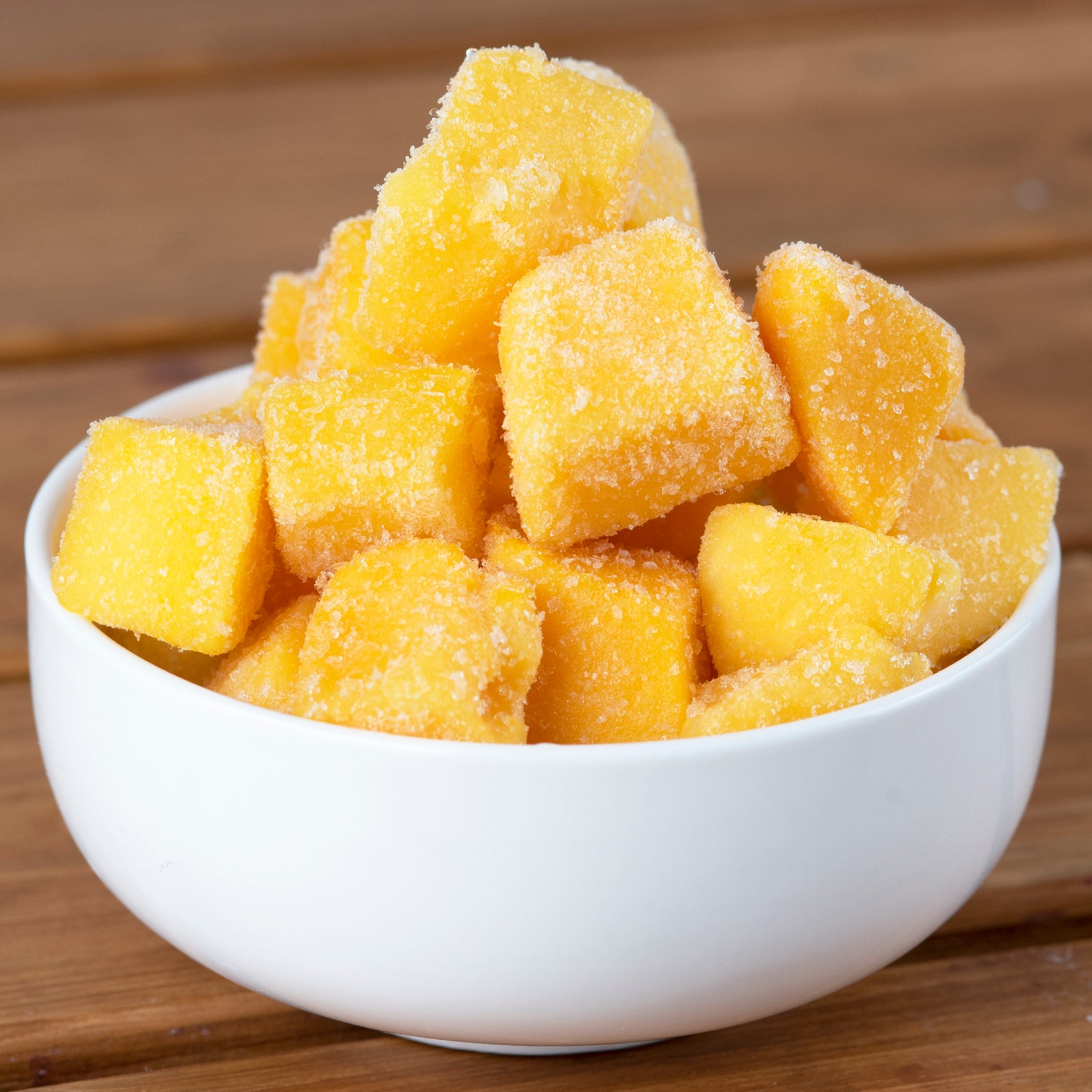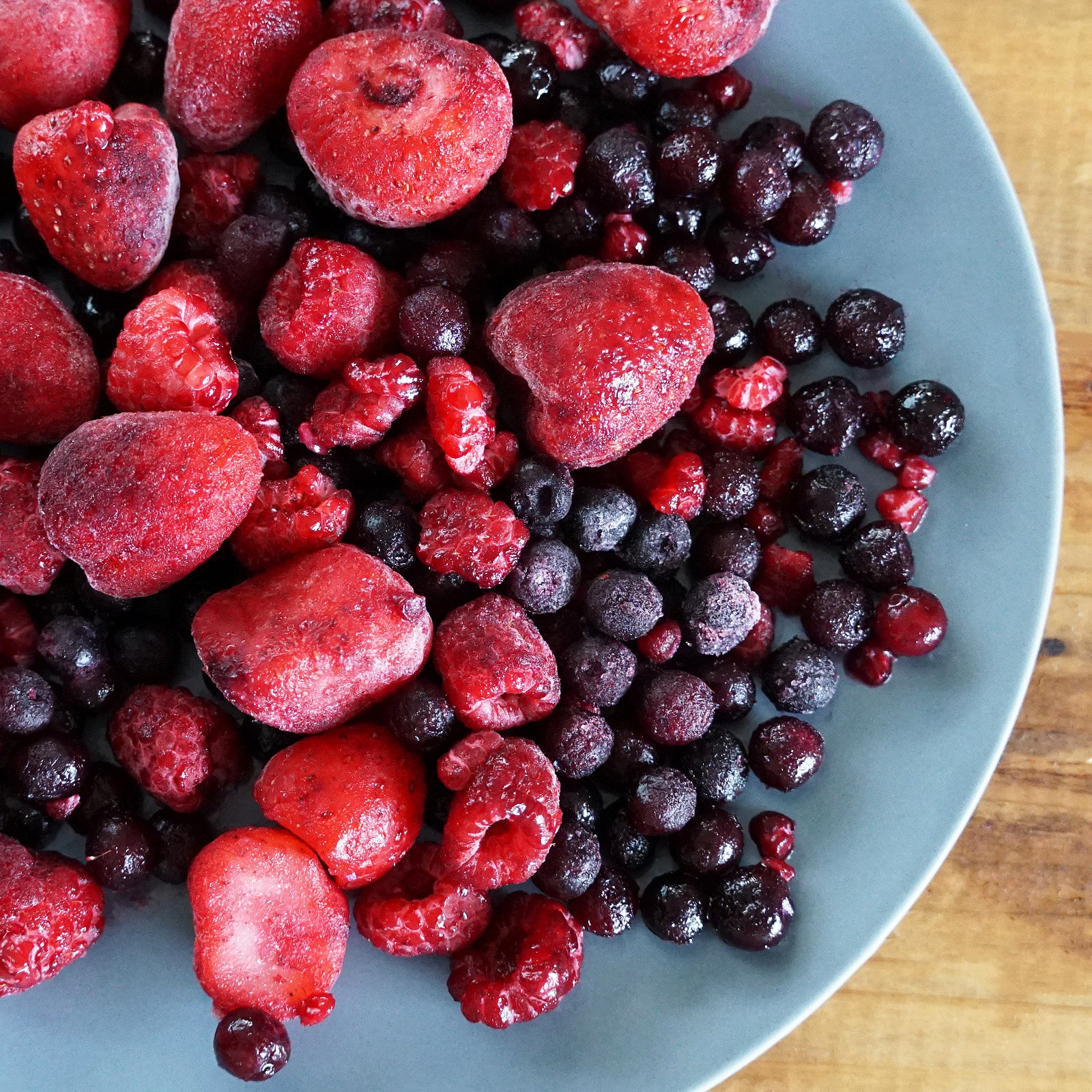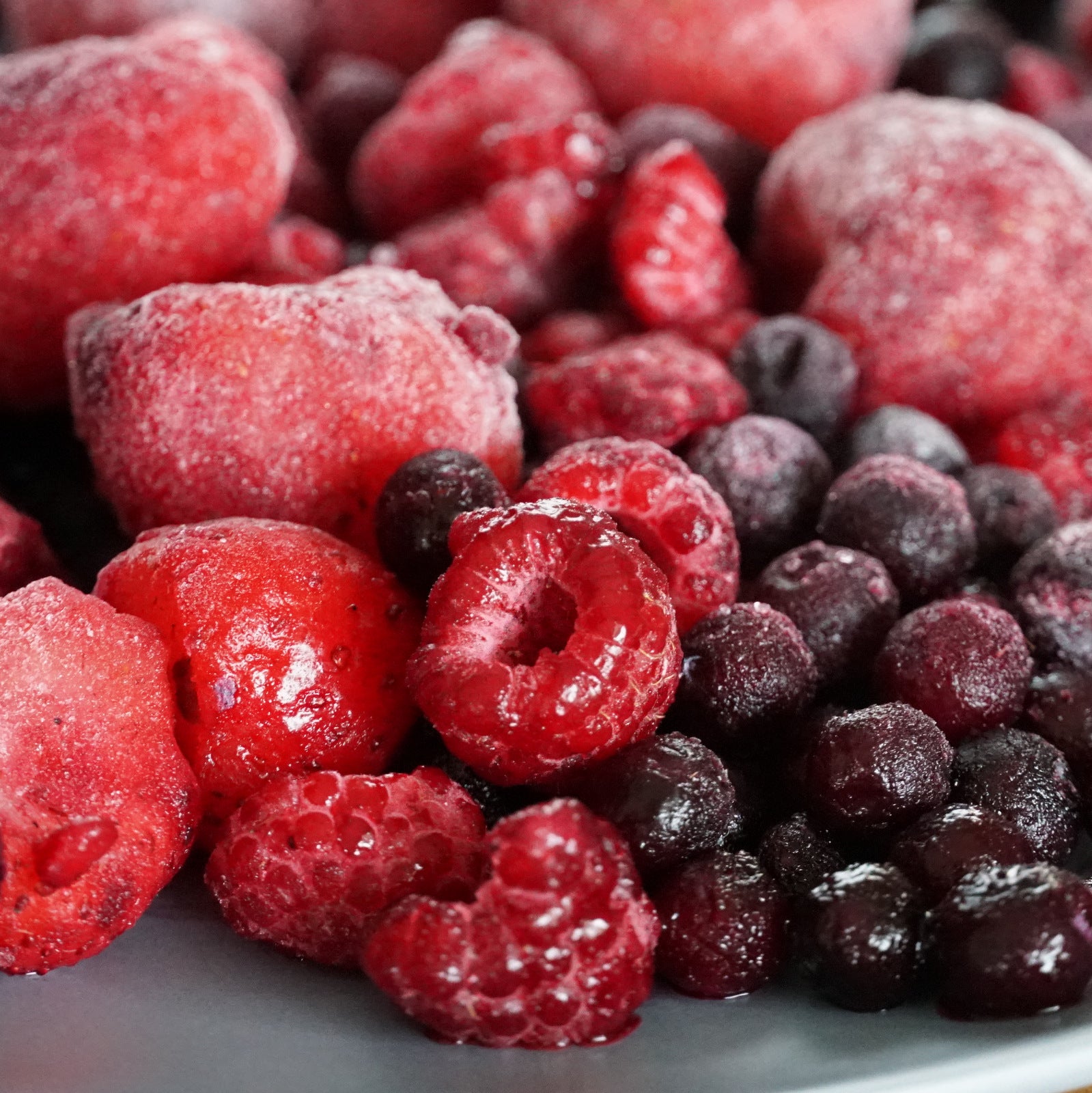Organic products are often viewed as the more expensive alternative. The objective of this blog is to clarify the factors contributing to these higher prices by outlining the journey that products undergo before they ultimately arrive on your dining table.
Cost of Certification
Organic foods distinguish themselves through adherence to strict regulations set forth by government and independent organizations. These regulations ensure adherence to specific production methods, barring the use of synthetic pesticides, GMOs, antibiotics, and growth hormones. Instead, they emphasize the preservation of soil, water, and biodiversity. These regulations involve inspections and paperwork that add to the overall cost of production. In contrast, conventional foods adhere to less stringent safety guidelines, which may not fully account for long-term health and environmental effects while prioritizing immediate safety. The lack of supervision and paperwork also significantly lowers costs in the production and hence prices on the market.1
Lower Yields
Organic farming contributes by nurturing soil health, reducing water pollution, and maintaining ecological balance with a low energy footprint. The exclusion of chemical fertilizers, pesticides, and other substances may result in lower crop yields, but it fosters soil health, mitigates adverse environmental impacts, and supports human health by preventing residue accumulation. In contrast, conventional agriculture frequently relies on potentially harmful synthetic pesticides and chemicals to accelerate growth, which may be cost-effective but, conversely, poses risks to both human and soil health.2
Labor-Intensive Practices
Because organic food production entails strict adherence to organic farming practices, the exclusion of chemical fertilizers compels organic farms to depend more on manual labor for activities like weeding and pest control, consequently raising production costs. In contrast, conventional farming utilizes chemicals to support the cultivation of organic foods, reducing the demand for intensive labor and, thus, resulting in lower overall production costs. At Horizon Farms, we strive to support farms that are built on the same values for the present and the future. Through our sourcing of products from farms that adhere to stringent organic farming regulations, we provide vital financial support that aids in the continued operation of these farms.3
Additives and Preservatives
In the realm of organic food, synthetic additives, preservatives, colorings, and flavorings are completely prohibited, reinforcing their safety and reliability. We assure the absence of these substances in all our products. Conversely, conventional foods are subject to fewer regulations, which can lead to concerns regarding the use of additives and preservatives. This differentiation underscores the distinction between these two options.4
Specialized Equipment
Numerous organic crops necessitate specialized machinery for both planting and harvesting. Locating such specialized equipment is frequently challenging and typically involves significantly higher costs compared to the equipment used in conventional farming. Additionally, certified organic crops must be stored in facilities that have not been previously used for non-organic crops. These specialized storage facilities are not as readily accessible as those for commodity crops, rendering them expensive and hard to come by.5
Small-Scale Production
For small-scale farmers, there is a significant challenge in developing their agricultural sector due to limited financial resources and a lack of economies of scale. In these regions, achieving higher local crop yields, especially during periods of drought, promoting more diverse and nutritious diets, and reducing dependence on unsustainable water sources for irrigation become essential steps. Simultaneously, minimizing external and synthetic inputs is crucial for alleviating rural poverty, improving overall health, and establishing a stable, productive, and sustainable agricultural system. At Horizon Farms, we take pride in our commitment to supporting small-scale and family-run farms through partnerships that reflect their dedication. This collaboration plays a vital role in ensuring the long-term sustainability of these small-scale farms, and we are pleased to share this dedication with consumers who value their hard work.6
Transportation and Distribution
Organic food systems differ from conventional systems in terms of long-term storage options and practices due to their inability to use synthetic preservatives, fungicides, and other chemicals for maintaining product quality over extended periods. Effective storage practices are also vital for distribution, especially when transporting organic foods from farms to warehouses or supermarkets. At Horizon Farms, we hold the belief that good health should be accessible to all. We put in significant effort to maintain competitive prices by minimizing supply chain length, enabling us to provide top-quality products at an affordable cost.6
Why Choose Organic?
Non-organic foods cater to a broad range of consumers because of their widespread availability and lower prices. However, consumers who express concerns about agrochemicals, hormones, and medications used in animal production, as well as GMOs and artificial additives in fruits and vegetables, are increasingly willing to pay a premium for products labeled as 'organic.' The primary motivation for choosing organic food remains its perceived health benefits, followed by environmental and animal welfare considerations. Although financial factors may influence some consumers, the ultimate choice is often made by discerning individuals who align their values and convictions with their purchasing decisions.7
Disclaimer: Please note that while our explanations are correct they are very simplified for shortness and understanding. We encourage you to do further research on this topic.
 |
About the author: Sam Tumeh (Founder & CEO of Horizon Farms, Inc.) has joined the consumer food and meat industry of Japan in 2010. |
Sources
1 https://foe.org/wp-content/uploads/2021/01/Organic-School-Food_Appendix_E_flyer_final.pdf2 https://knowledge4policy.ec.europa.eu/publication/crop-yield-gap-between-organic-conventional-agriculture_en
3 https://literatur.thuenen.de/digbib_extern/dn061533.pdf
4 https://www.ncbi.nlm.nih.gov/pmc/articles/PMC7019963/
5 https://farmtogether.com/learn/blog/the-road-to-organic-farming#labor-storage-equipment
6 http://indiaforsafefood.in/wp-content/uploads/PDF/energy-use-oa.pdf
7 https://www.sciencedirect.com/science/article/pii/S1877042812031308


